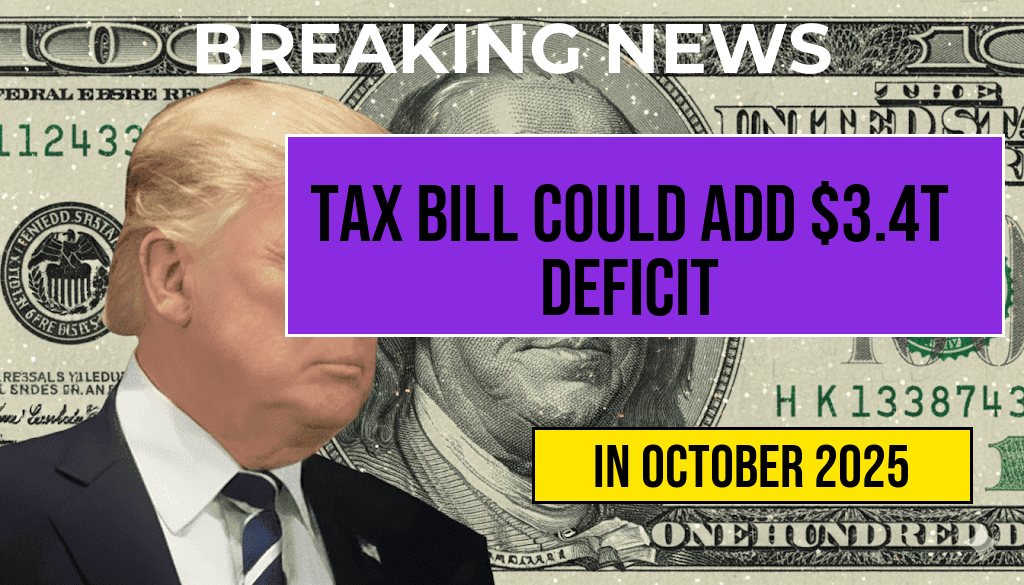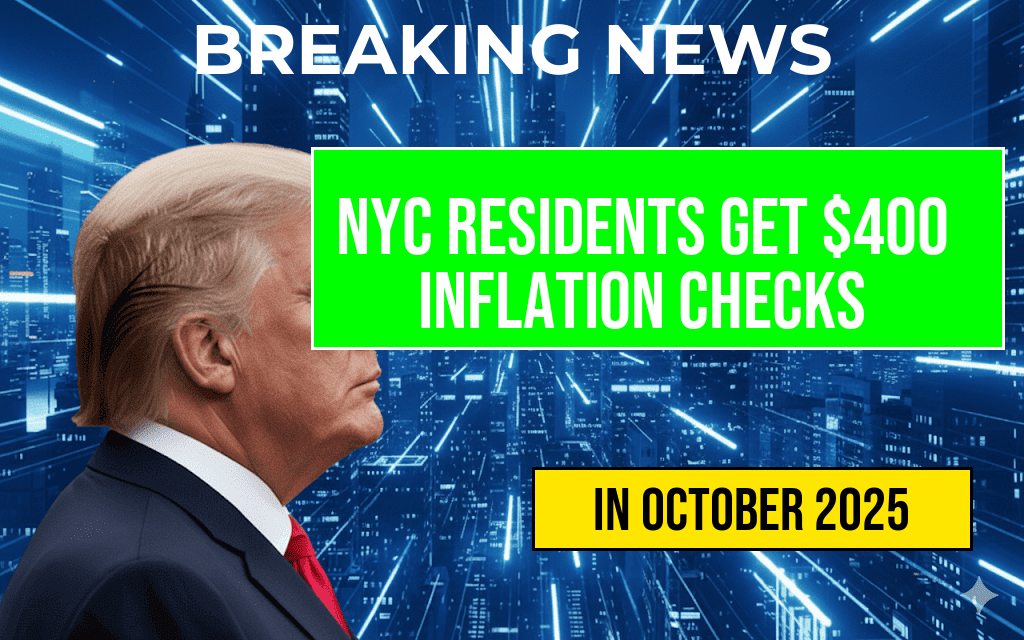Amid ongoing debates over federal fiscal policy, a new legislative proposal dubbed the “One Big Beautiful Bill” has raised alarm among budget analysts and fiscal watchdogs. Critics warn that if enacted as currently drafted, this comprehensive bill could potentially add as much as $3.4 trillion to the national deficit. The legislation aims to overhaul multiple aspects of the tax code, social programs, and infrastructure funding, but its expansive scope and proposed funding mechanisms have sparked concerns about long-term fiscal sustainability. While proponents argue that the bill could stimulate economic growth and address pressing infrastructure needs, opponents caution that its cost projections and ambiguous revenue assumptions could undermine the nation’s financial stability.
The Scope and Objectives of the ‘One Big Beautiful Bill’
Introduced in Congress last month, the “One Big Beautiful Bill” is a sweeping legislative package designed to address a broad spectrum of issues, including tax reform, healthcare, education, and infrastructure investment. Its architects claim the bill aims to boost economic growth, create jobs, and improve social services. Key features include tax cuts for middle-class families, expanded healthcare coverage, significant infrastructure spending, and provisions aimed at promoting clean energy development.
Major Components of the Legislation
- Tax Reforms: Proposed adjustments to corporate and individual tax rates, including a reduction in the top income tax bracket and new credits for renewable energy investments.
- Healthcare Expansion: Increased funding for Medicaid and subsidies for health insurance premiums.
- Infrastructure Investment: Allocation of roughly $1.2 trillion over ten years for roads, bridges, and public transit projects.
- Green Energy Initiatives: Incentives for renewable energy companies and electric vehicle infrastructure.
Projected Fiscal Impact and the $3.4 Trillion Deficit Increase
Despite its ambitious goals, financial analysts scrutinizing the bill’s fiscal implications have flagged significant concerns. A recent analysis by the Congressional Budget Office (CBO) estimates that if the bill passes without substantial revenue offsets, the federal deficit could swell by approximately $3.4 trillion over the next decade. This projection accounts for increased spending coupled with optimistic assumptions about revenue growth from new tax provisions and economic expansion.
| Category | Projected Cost/Impact |
|---|---|
| Total additional deficit over 10 years | $3.4 trillion |
| Infrastructure spending | $1.2 trillion |
| Tax cuts and credits | -$800 billion |
| Healthcare and social programs | $700 billion |
| Other provisions | $700 billion |
Sources of Revenue and Funding Controversies
The bill’s supporters highlight proposed revenue measures intended to offset costs, such as closing tax loopholes, implementing minimum corporate taxes, and increasing compliance enforcement. However, critics argue that many of these revenue sources are overly optimistic or lack detailed implementation plans, raising doubts about their actual collection potential. For example, the proposed corporate minimum tax is projected to generate roughly $200 billion over a decade, but enforcement challenges could diminish this figure.
Key Revenue Assumptions
- Increased IRS enforcement leading to higher tax compliance
- Reversal of certain tax deductions for high-income earners
- Implementation of new excise taxes on fossil fuels and luxury goods
However, some economic analysts argue that the bill’s revenue assumptions are overly optimistic, especially given historical challenges in realizing projected collections from new tax measures. If these revenues fall short, the deficit could grow even more than projected, exacerbating concerns over fiscal health.
Political and Economic Implications
The debate over the “One Big Beautiful Bill” encapsulates broader partisan divisions. Supporters emphasize its potential to modernize the economy and address long-standing social needs, while opponents warn that it risks burdening taxpayers and destabilizing the federal budget. Economists remain divided on whether the stimulus effects of increased spending will outweigh the risks of mounting debt. Notably, recent data from the Federal Reserve suggests that sustained deficits could lead to higher interest rates and crowding out private investment, complicating economic recovery efforts.
Expert Opinions
- Dr. Lisa Nguyen, an economist at the University of Chicago, warns, “Large-scale deficit increases without credible revenue sources threaten to undermine fiscal stability and could lead to higher borrowing costs for decades to come.”
- Senator Mark Hopkins, a supporter of the bill, argues, “This legislation is a necessary investment in our future, and the economic growth it fosters will generate enough revenue to offset costs over time.”
Public Sentiment and Next Steps
Public opinion remains divided, with polls indicating a nearly even split between those who support the bill’s goals and those concerned about its fiscal implications. As the legislation advances through Congress, the potential for amendments and compromises increases, especially on revenue provisions. Fiscal watchdog organizations continue to call for transparency and detailed cost estimates to prevent unforeseen budget overruns.
For more information on federal fiscal policies and legislative impacts, visit Wikipedia’s page on the U.S. national debt and Forbes’ coverage on economic policy.
Frequently Asked Questions
What is the “One Big Beautiful Bill”?
The “One Big Beautiful Bill” is a proposed legislative package aimed at overhauling the tax system. However, experts warn that it could significantly increase the national deficit by 3.4 trillion dollars.
How could the bill impact the national deficit?
The analysis suggests that the bill’s proposed provisions could lead to an increase in the federal deficit by approximately 3.4 trillion dollars over the next decade, raising concerns about long-term fiscal sustainability.
Who are the main opponents of the bill?
Opponents include fiscal conservatives, economic experts, and some policymakers who argue that the bill could worsen the national debt and undermine economic stability.
What are the potential economic consequences of the bill?
If enacted, the bill could lead to increased budget deficits, higher interest rates, and possible reductions in public services due to the increased fiscal burden.
Is there any way to prevent the increase in the deficit caused by this bill?
Preventative measures include amending the bill to close loopholes, implementing spending controls, or pursuing fiscal reforms aimed at reducing the long-term debt impact.






